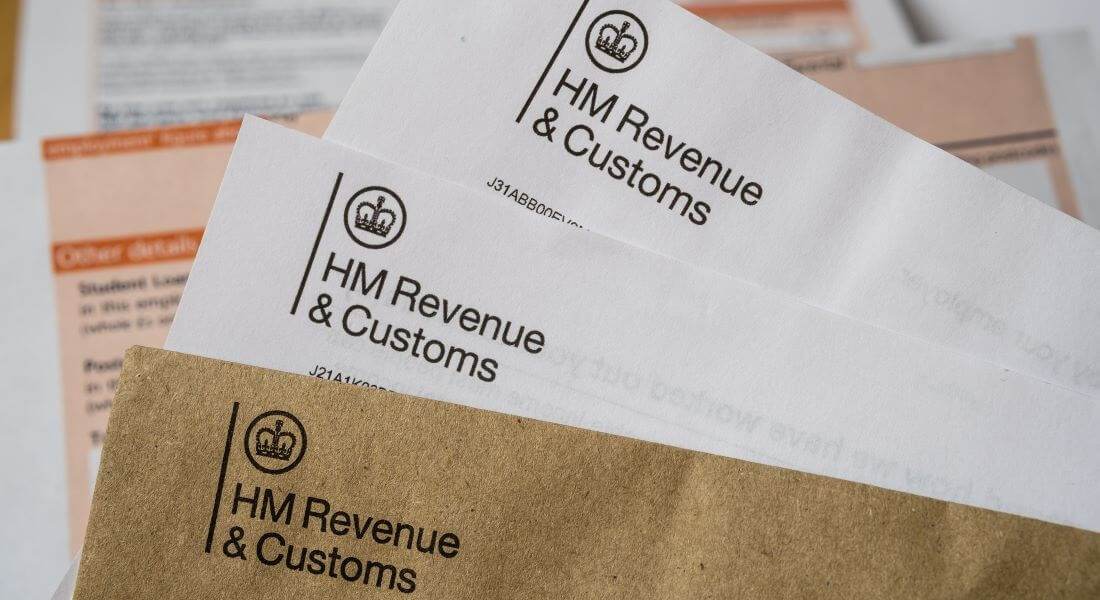A cut to the CGT exemption, from April 2023, is expected to make CGT payments even busier than usual in the first few months of the year. Currently, investors can make profits of £12,300 a year before being subject to CGT. However, that annual exemption will reduce to £6,000 on 6 April 2023. From April 2024 onwards, there will be a further reduction to the exemption to £3,000.
Katharine says: “The 18% spike in CGT over the past year is a clear sign of the times. With scores of investors having exited the buy-to-let sector over the past year, and inflation causing house prices and asset values to soar, HMRC is reaping the rewards from people’s capital gains, collecting £18 billion in the past year alone – a rise of 102% in the last five years.
| Year |
CGT |
| Feb 2022-Jan 2023 |
£18 billion |
| Feb 2021-Jan 2022 |
£15.2 billion |
| Feb 2020-Jan 2021 |
£10.8 billion |
| Feb 2019-Jan 2020 |
£9.6 billion |
| Feb 2018-Jan 2019 |
£8.9 billion |
If you are considering selling a valuable asset, you may want to consider doing so by 5 April. Katharine comments that “tax should not dictate any big financial decisions, but if you are going to sell in a few months’ time anyway, then doing it now instead will mean you keep more of your gains.”
You can read Katharine’s comments in full in The Sunday Times (subscription needed) and Accountancy Age.
If you would like to find out more about how we can help you to plan for CGT, please contact Katharine Arthur or a member of the Private Client & Trusts team.







